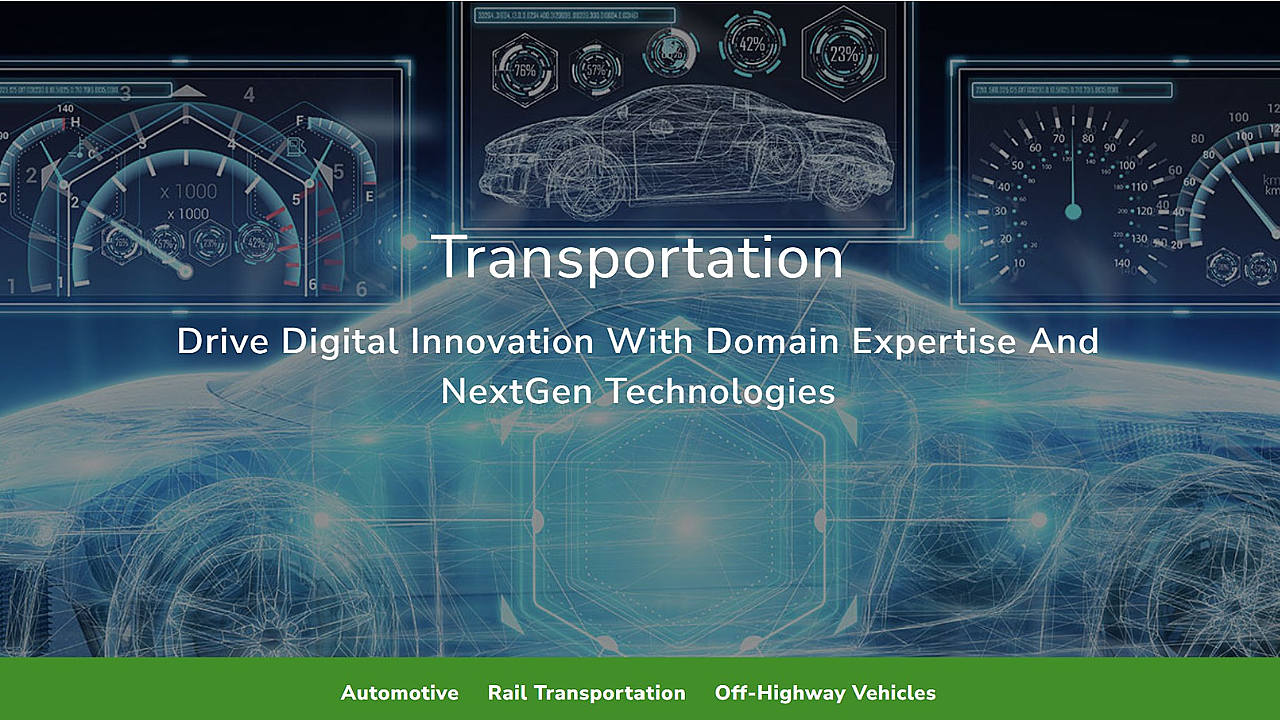
The automotive industry is at a pivotal crossroads, where the convergence of digital engineering, embedded systems, and software technologies is redefining how vehicles are designed, manufactured, and operated. Creative Synergies Group (CSG), a global leader in digital innovation solutions, is at the forefront of this transformation, leveraging deep domain expertise and cutting-edge technologies to deliver comprehensive solutions across the automotive and broader manufacturing sectors.
From conceptual design to full-scale production, CSG’s approach integrates product and process development with advanced manufacturing solutions, setting a new benchmark in efficiency and flexibility for its clients.
Rethinking Manufacturing
The shift from mass production to mass customisation is one of the most significant challenges facing the automotive sector today. Consumers demand vehicles tailored to their preferences, while technological advancements, particularly in electric vehicles (EVs), have introduced the need for smaller production runs and rapid adaptability.
Speaking to Mobility Outlook, Dr Mukesh Gandhi, Founder & CEO, CSG, says the company addresses these challenges by leveraging flexible manufacturing technologies. Modern assembly lines can now accommodate different vehicle types—from hatchbacks to SUVs—on the same production line, thanks to innovative jigs, fixtures, and robots that adapt to variations. By designing manufacturing systems with this flexibility in mind, CSG enables automakers to produce short runs of 50,000 to 100,000 units without the high costs traditionally associated with smaller volumes.

'With substantial domain knowledge in plant layout and process design, we help manufacturers reuse functionalities, optimise tooling, and reduce the need for excessive capital investment,' explains Gandhi. For instance, instead of doubling robots to handle varied vehicle configurations, CSG employs strategies that achieve the same goals with a minimal increase in resources—ensuring cost efficiency without compromising output quality.
Prognostics, Virtual Commissioning, Minimising Downtime
Another critical aspect of automotive manufacturing is ensuring minimal downtime during plant commissioning and operation. Historically, commissioning—a process involving meticulous checks of every component, from fuse boxes to PLC systems—could take months. Delays are costly, with every lost day potentially costing millions of dollars.
CSG has pioneered the use of ‘virtual commissioning’ to address this issue. This technology allows manufacturers to simulate the entire production line in a virtual environment, identifying and resolving potential problems before physical implementation. By cutting commissioning times from months to weeks, virtual commissioning provides a significant competitive advantage to automakers.
Once the plant is operational, CSG employs advanced predictive analytics using IoT sensors, cloud computing, and Artificial Intelligence (AI). These tools pre-emptively identify potential issues, enabling manufacturers to take corrective action before failures occur. This approach not only reduces downtime but also enhances safety and compliance with stringent regulatory standards, he explains.
Integrating AI, ML, Modular Design
Artificial Intelligence (AI) and Machine Learning (ML) are transforming automotive manufacturing by enabling smarter decision-making and automation. CSG is heavily investing in these technologies to address longstanding industry challenges, such as knowledge transfer and process optimisation.
For example, AI systems are being used to emulate the expertise of seasoned engineers, capturing decades of domain knowledge and making it accessible to newer team members. This application extends to product design, fixture planning, and robot path optimisation, ensuring consistent quality and efficiency across all projects.
Additionally, CSG’s focus on modular design aligns with industry standards like AUTOSAR. Using platforms like Simulink, CSG breaks complex problems into manageable components, enabling greater flexibility and reusability in both product and process design. This modular approach is particularly crucial in Software-Defined Vehicles (SDVs), where seamless interaction between application software and middleware is essential.
Bridging Interdisciplinary Knowledge Gaps
Modern automotive projects demand interdisciplinary expertise, blending software, mechanical engineering, AI, and analytics. CSG tackles this complexity by deploying multidisciplinary teams for every project, ensuring seamless collaboration between domains.
The company also prioritises training, enabling team members to gain cross-functional knowledge. 'The future of automotive manufacturing lies in multidisciplinary collaboration. We ensure that our teams not only understand their core disciplines but also the constraints and opportunities presented by adjacent fields,' says Gandhi.

Solving Complex Challenges
CSG’s approach has been validated through its work with Fortune 500 clients. In one instance, a customer presented five complex problems that required interdisciplinary solutions. By bringing together domain experts in robotics, software, and AI, the company successfully resolved three challenges and made significant progress on the remaining two. Such projects highlight the importance of effective communication and collaboration in tackling industry-first challenges, he notes.
Striking The Right Balance
Embedded systems in vehicles face inherent resource constraints, necessitating a balance between edge and cloud computing. CSG employs edge computing for critical, real-time decisions, such as sensor-triggered actions in autonomous vehicles. Non-critical tasks, such as data analysis and diagnostics, are offloaded to the cloud for more comprehensive processing. This balanced approach ensures efficiency and scalability while maintaining high performance.
Future Of Automotive Manufacturing
As automotive manufacturing continues to evolve, CSG remains a trusted partner for automakers worldwide. By integrating advanced technologies, fostering collaboration, and prioritising efficiency, it is helping the industry navigate its most significant challenges.
'Our mission is to empower automotive OEMs and suppliers with innovative solutions that reduce costs, enhance productivity, and ensure sustainability,' signs off Gandhi.
Also Read:
Mahindra's Eco-Friendly Factory Aims To Deliver Truly Green Vehicles

